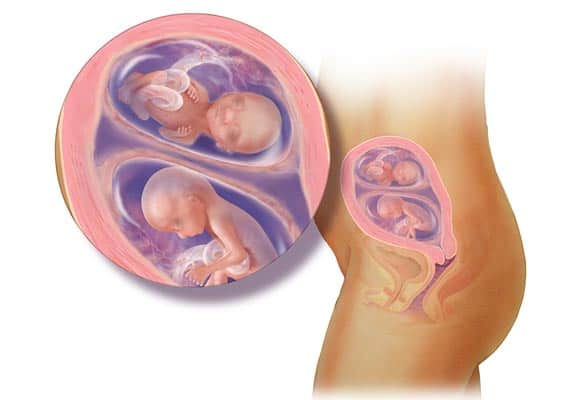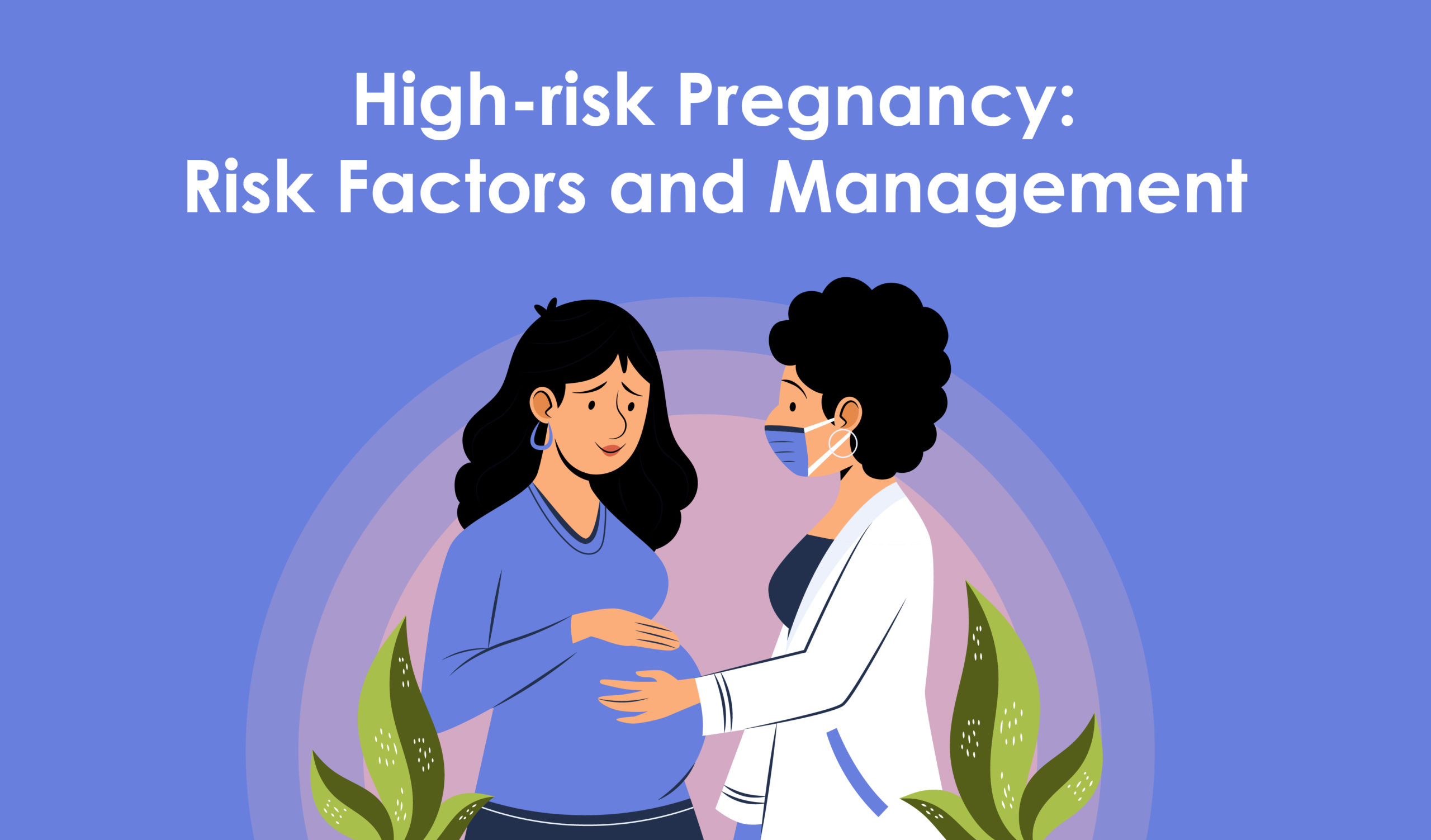Diagnosing a high-risk pregnancy involves a combination of factors, including maternal medical history, routine prenatal screenings, and specialized diagnostic tests. Here’s an overview of the diagnostic process for a high-risk pregnancy:
Maternal Medical History: Interview and Assessment: The healthcare provider conducts a thorough interview with the pregnant woman to gather information about her medical history, previous pregnancies, and any pre-existing health conditions.
Routine Prenatal Screenings: Blood Pressure Monitoring: Elevated blood pressure can be an early sign of conditions like preeclampsia, which may contribute to a high-risk pregnancy.
Blood Tests: Routine blood tests check for conditions such as anemia, Rh factor, and infections.
Urinalysis: Checking for protein in the urine, which could be a sign of conditions like preeclampsia.
Specialized Diagnostic Tests: Ultrasound: An ultrasound is a common diagnostic tool that provides detailed images of the fetus. It can help identify multiple pregnancies, assess fetal growth, and detect certain congenital abnormalities.
Genetic Testing: If there are concerns about genetic disorders, advanced maternal age, or a family history of certain conditions, genetic testing may be recommended.
Amniocentesis or Chorionic Villus Sampling (CVS): These tests involve obtaining a sample of amniotic fluid or placental tissue to assess the genetic health of the fetus. They are usually performed if there is an increased risk of chromosomal abnormalities.
Maternal-Fetal Medicine Consultation: Referral to Specialists: Women with certain risk factors or complications may be referred to maternal-fetal medicine specialists who have expertise in managing high-risk pregnancies.
Additional Monitoring: Maternal-fetal medicine specialists may conduct more advanced monitoring, such as fetal echocardiography, to assess the baby’s heart health.
Non-Stress Test (NST) and Biophysical Profile (BPP): Fetal Monitoring: These tests involve monitoring the baby’s heart rate and assessing fetal movements to evaluate their well-being. They are often recommended for pregnancies at risk of complications.
Monitoring of Chronic Conditions: Management of Pre-existing Conditions: For women with pre-existing medical conditions such as diabetes or hypertension, close monitoring and management are crucial to minimize potential risks.
Regular Prenatal Care: Frequent Check-ups: Women with high-risk pregnancies require more frequent prenatal visits to closely monitor both maternal and fetal well-being.
It’s important to note that the specific diagnostic approach may vary based on individual circumstances. Early and regular prenatal care is essential for the early detection and management of potential risks in pregnancy. Healthcare providers work collaboratively with pregnant individuals to tailor diagnostic and monitoring strategies based on their unique needs.
Embark on your journey to optimal women’s health with Dr. Deepika, a dedicated Gynecologist in Mira Road committed to providing personalized and compassionate care. From routine check-ups to managing high-risk pregnancies, Dr. Deepika offers comprehensive services tailored to your unique needs.



